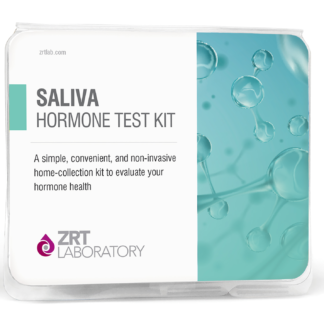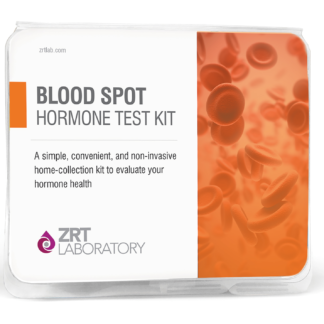Description
Organic Acids Test (OAT) – Urine Test
Note: This is a home collection urine test kit that will be mailed to you.
This test is non-refundable once ordered.
A Nutritional and Metabolic Snapshot
Organic acids are products of the body’s metabolic pathways. Evaluation of these downstream metabolites from various metabolic pathways provides insight into important areas related to gut health, mitochondrial dysfunction, neurotransmitter status, indicators of detoxification and macronutrient breakdown and nutritional status. This makes organic acid testing a valuable tool to assess the functional need for essential nutrients, diet modification, antioxidant protection, detoxification, and other therapies.
The Organic Acids Test (OAT) provides a comprehensive nutritional and metabolic snapshot of an individual’s overall health. The OAT measures 76 organic acids from one easy to collect urine sample.
Why Run an Organic Acids Test (OAT)?
The Organic Acids Test (OAT) is a simple and efficient way to assess a number of metabolic pathways providing insight into imbalances and nutrient needs. The OAT can provide insight into a wide range of conditions, making it valuable for individuals who are experiencing complex chronic conditions.
The OAT test report is organized into clinically useful categories including:
- Intestinal Microbial Overgrowth markers evaluate for candida activity, clostridia bacteria toxins, potential mold exposure, and imbalance in the gut microflora.
- Oxalate Metabolites provide insight into oxalate levels being generated by organisms within the system or via dietary contributions.
- Glycolytic Cycle Metabolites and Mitochondrial Markers (Krebs Cycle and Amino Acid Metabolites) evaluate for metabolic efficiency (e.g., use of glucose and amino acids for energy generation) and mitochondrial dysfunction.
- Neurotransmitter Metabolites evaluate for phenylalanine, tyrosine and tryptophan metabolism which are linked to neurotransmitter status and quinolinic acid production.
- Pyrimidine Metabolites & Ketone and Fatty Acid Oxidation markers give insight into folate status and cellular turnover, as well as mitochondrial utilization of fatty acids for energy production.
- Nutritional Markers provide insight into the sufficiency of essential vitamins, antioxidants, and metabolic pathway co-factors.
- Indicators of Detoxification assess for the presence of oxidative stress via markers of glutathione sufficiency and methylation versus transsulfuration function.
- Amino Acid Metabolites may suggest functional nutrient need or be reflective of genetic metabolic dysfunction if a consistently, persistently elevated level of a particular analyte is noted.
- The Mineral Metabolism marker provides insight into dietary intake of phosphate and can give insights into Vitamin D levels.






